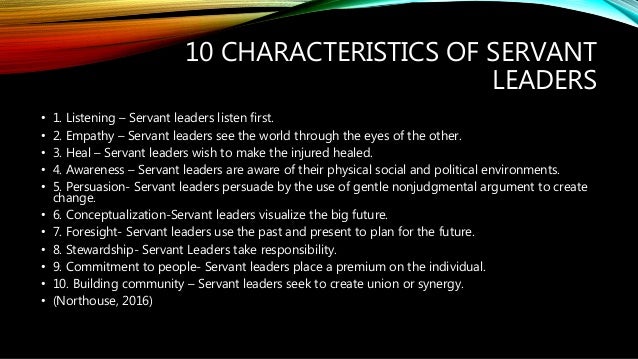If you look back at the March 27, 2016 entry for this blog, "Who Exactly Are We?", you will find three examples of a skill set typical of speech-language pathologists. Because many of us in the professions drift from a strictly clinical role to one that melds clinic practice with mentoring, management or administration, you might ask - do any combinations of the skill sets bring you the greatest success as a leader? Leadership is not only a vital component of our workplaces - it can satisfy a need many of us clinicians have for professional growth, and it can be enjoyable to give above and beyond the therapy room.
Let's cross match a sample of the clinical skills, with some traits of a good leader,
to find out what leadership is for you .
About leaders: Jill Geisler addressed this skill set for successful managers, posted to poynter.org on 12/6/2012:
1. Strategic thinking
2. Collaboration
3. Emotional Intelligence
4. Critical Thinking
5. Communication
6. Motivation
7. Feedback
8. Tough Conversations
9. Coaching
10.Making Values Visible and Viral
Now here is a skill set for speech-language pathologists, taken from the American Speech-Language-Hearing Association (ASHA) website.
1. Teachable
2. Strong ethics
3. Good communication skills
4. Capable technologically
5. Conversant with good business practice
6. Entrepreneurship
7. Social consciousness
8. Civility
9. Objectivity
10. Analytic ability
11. Patience
12. System advocacy
13. Positive
14. Strong values
And so we begin to see clues about how the twain might meet, between clinicians and leaders. We might be seen as leaders for our customers, the persons we serve, in that we must communicate clearly our proposed plans; we must coordinate the changes in behavior we are managing, with their effects on the persons served and their communities; and we must manage the case efficiently, meeting the planned objectives on time and budget. We are, then, trained in the clinical setting to be proactive managers of behavioral change, in addition to steering one ship among a fleet of education or health services in the marketplace.
Folding leadership traits for coordination, action, discipline, project management and helmet fit, into the clinical skills for project management, clinical alliance management, sales acumen and scientific rigor, we have a batter rich in organization, flavored with business sense and heightened by brand new whiz bang tech. Is there enough of the humanity of being a clinician? DO you find enough sustenance in such an mixture to get you through tough days, to sustain the buy-in of your persons served?
What about the servant leader; one whose leadership style is built upon "ethical and caring behavior"? Its skill set might include (Spears, 2010):
1. Listening
2. Empathy
3. Healing
4. Awareness
5. Persuasion
6. Conceptualization
7. Foresight
8. Stewardship
9. Commitment to the growth of people
10. Building community
When this concoction is formed and the elements seared in, you might find that the result has elements of a skill set that allow you a tighter alliance, a clearer vision, and a human scale approach to the management of cases - and the perpetuity of clinical services.
What do you carry in your skill set bag? How much do you borrow and share from all three domains? Your servant.
